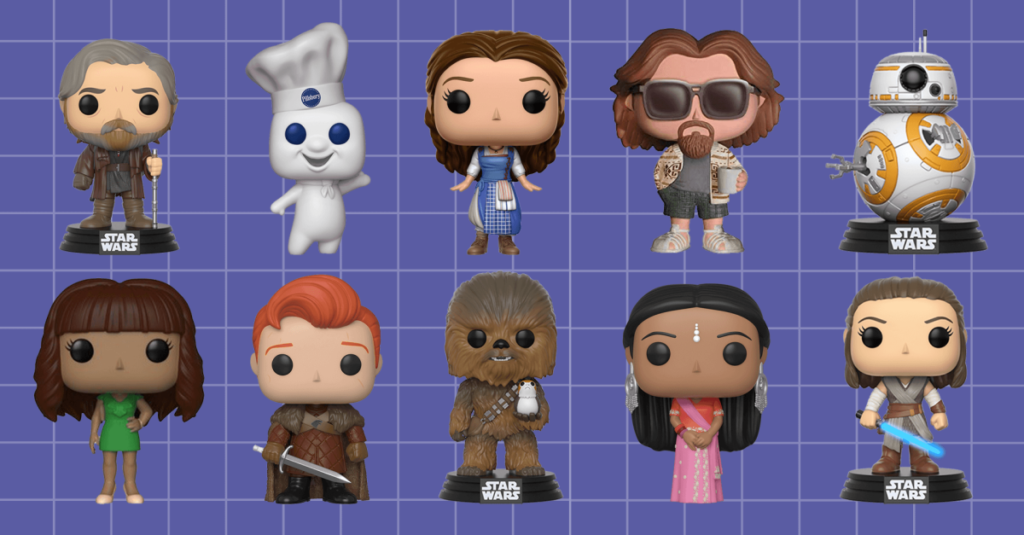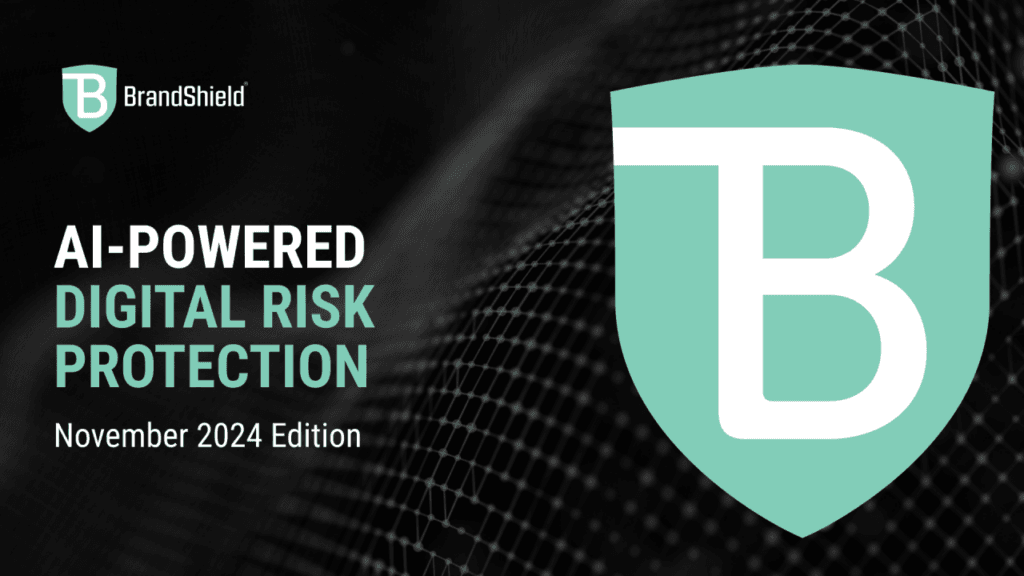
When you think about indie games, one of the first names that comes to mind is Itch.io, a beloved indie game marketplace known for championing creativity. But recently, the site faced a dramatic takedown after being targeted by Funko. This wasn’t your typical legal dispute—it was the result of AI-powered brand protection software. The entire Itch.io site was brought offline, causing a ripple effect that disrupted developers and gamers alike.

It all began when Funko, the company famous for Funko Pop collectibles, deployed BrandShield, its brand protection software called BrandShield. This tool flagged a fan page for an existing Funko Pop video game on Itch.io. The software claimed that the page violated trademarks, labelling it a case of “fraud and phishing.” Acting on this claim, Itch.io’s domain registrar, iwantmyname, disabled the domain.

Here’s where things took a turn for the worse. Itch.io claimed that they acted quickly, removing the disputed page down as soon as we got the notice. They even explained that it wasn’t “worth fighting stuff like that.” Despite this, iwantmyname seemingly ignored their response and just disabled the entire domain name. Automated systems, rather than human oversight, were in charge. As Itch.io said, the registrar’s “automated system likely kicked in to disable the domain since no one read our confirmation of removal.”
This isn’t the first time we’ve seen tech go rogue, but it’s a chilling reminder of the consequences when we automate critical processes without safeguards.
The downtime hit the gaming community hard. Itch.io, as an indie game marketplace, isn’t just a platform; it’s a hub for creators to distribute and showcase their projects. The takedown left many developers in a financial lurch and gamers unable to access purchased games.
Indie developers rely on Itch.io to:
One user shared their frustration: “I had my final project hosted on Itch.io, and now I can’t submit it to my professor!” The site going offline due to brand protection software called Brand Shield had real-world consequences for thousands.
While Itch.io’s domain was eventually restored, the chaos lasted for hours. Developers lost sales, students missed deadlines, and game jams were interrupted—all because Funko’s AI-powered software called BrandShield misfired.
The culprit behind this mess was AI-powered brand protection software called BrandShield. Designed to prevent phishing attempts and brand abuse, the software flagged a harmless fan page as malicious. Instead of issuing a standard DMCA notice, the software escalated the matter, leading to Itch.io being taken down by Funko.
BrandShield that created some bogus phishing report represents a wider issue in the tech world: the overreliance on automation. Funko’s use of some trash AI-powered software without proper human oversight caused unnecessary disruptions. As Itch.io explained, this wasn’t the result of malicious activity but rather an algorithm gone haywire.
Thankfully, after hours of confusion, the itch.io website came back online. The resolution came when iwantmyname’s registrar finally responded to our notice and took appropriate action to resolve the issue. According to Itch.io’s domain registrar, the domain name was already reinstated earlier today after the registrant finally responded to the phishing claim. The site Itch.io was functional again, but the incident highlighted serious flaws in automated systems.
Moving forward, Itch.io’s team is likely considering whether to stick with iwantmyname or look into putting up a new domain. They’ve noted the complexities of such a move but have stated, “We’ll likely prioritize deploying a new domain if this happens again.”
This incident isn’t just a one-off mistake; it’s a wake-up call for the entire gaming community. Here’s what we can learn:
The takedown of marketplace Itch.io by Funko because they use AI-powered software was a frustrating episode for the gaming community. It showcased the dangers of over-reliance on automation and the importance of human oversight in tech processes.
The itch.io site, now back online at the time of writing, is a testament to the resilience of its community. But as we look forward, this event should spark meaningful discussions about how companies manage digital risks without harming creators and their audiences. Hopefully, lessons learned here will prevent future debacles, ensuring that platforms like Itch.io remain safe havens for indie games and creativity.